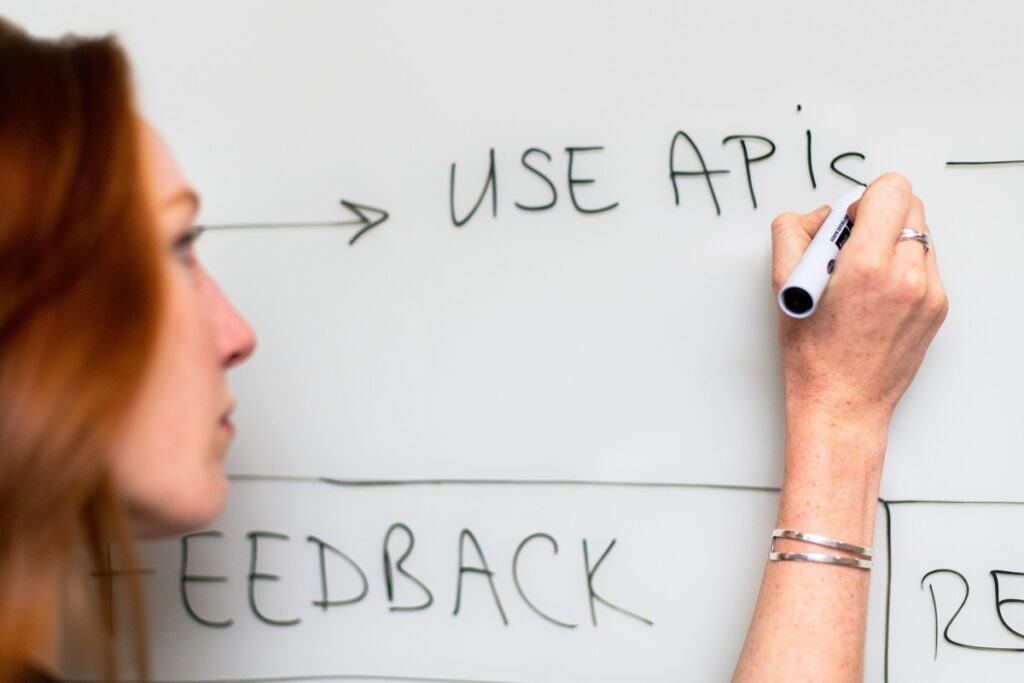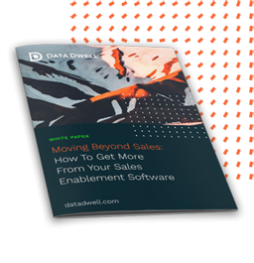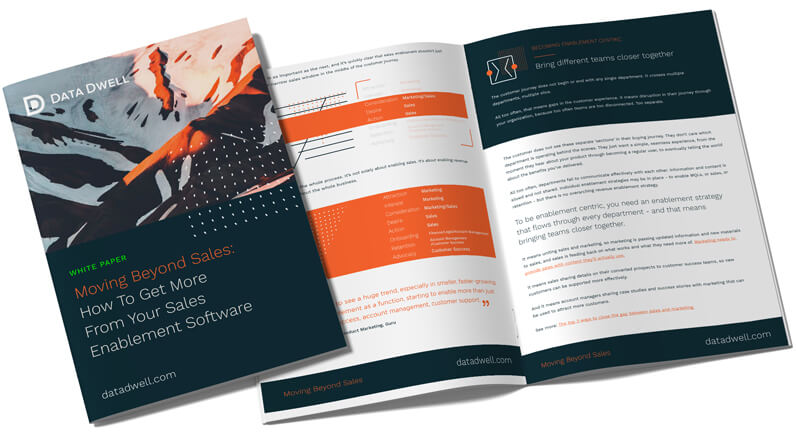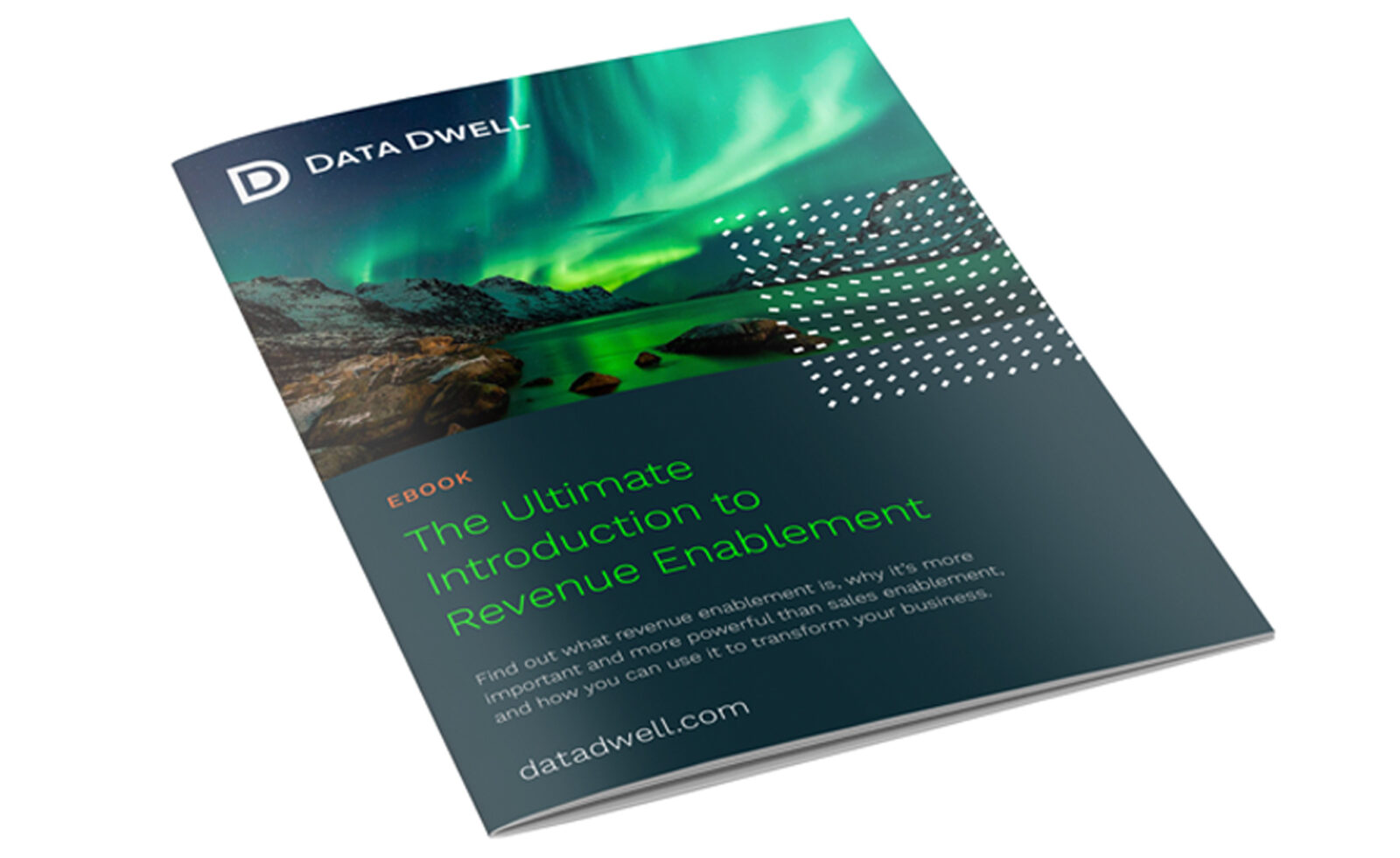
When you’re deciding which sales enablement software is best for your organization, you’ll typically compare all the different features and benefits. You won’t usually give any thought to how the software actually works – how it’s coded and built – because software is software right?
Except it isn’t.
Because there’s one major difference between sales enablement software options – one that’s often overlooked – and that’s how it works with your existing platform and systems.
Is it platform-native or does it integrate?
The answer could be the difference between success and failure.
What does platform native mean?
Platform native means that the software or application is built specifically for that platform and works within that platform’s infrastructure. It usually shares the same setup, the same processes and the same databases.
When software is native, it’s dedicated to that specific platform.
And that means it doesn’t need any extra connections or integrations to work. It’s built within the primary platform and shares the same environment, the same ecosystem.
Just like Data Dwell is native to Salesforce.
How is that different to an integration?
If you’re using software that isn’t platform native, then it needs something to connect it with your platform.
It needs a bridge – or a link – between the two. An integration. Usually called an API (Application Programming Interface).
API integrations are extremely common in the software world, connecting just about everything together. But they’re not without problems.
The challenges with API integrations
The problem with any connection is that it can be broken. It’s typically the weakest link in any system or set up.
And that’s where most sales enablement software integrations typically run into problems. Their connection drops out and then data can’t be passed between the platform and the software (or vice versa).
In short, API integrations are often unreliable.
Other challenges with software integrations include:
- Lack of speed – With any integration, there’s an extra step in every process – a middle man. Every piece of information has to go through the integration, which can slow data transfer down and lead to bottlenecks.
- Lack of reach – Integrations are static – they have to be set up and told where to look for information, and so they often can’t make use of the full data range available in a platform.
- Lack of efficiency – Many integrations often have a delay between data transfers too. That’s inefficient, especially when that middle step is unnecessary.
- Bad data – When data transfer isn’t instantaneous, there’s always a danger of duplication. Of two databases with different information, rather than a single source of truth. If you’re updating both systems, you have to be crystal clear on data flow processes – on which information is being pulled into the platform and which is being pushed out.
- Longer onboarding – By their nature, API integrations need to be integrated with existing software and workflows. That takes more time and effort, so it can be months instead of days to set everything up.
- Complication – If you have custom set-ups or workflows, then an off-the-shelf integration probably won’t work. It can be a time-consuming process to set up an API integration correctly.
- Cost – Creating an API integration takes time and resources and they both cost money. The price of APIs is likely passed onto you, the consumer, one way or another (and there’s often a price to pay when the integration breaks too).
The benefits of platform-native sales enablement software
If you choose sales enablement software that integrates with your CRM platform, then the chances are you’ll experience at least one of the challenges above, if not more.
But what if you choose a platform-native solution like Data Dwell?
If you go native, you’ll benefit from:
- An easier set up – because the software is built in the platform you use, and already connected to the same frameworks, same programming and same formats
- Faster implementation and faster workflows – because there’s no need for complicated connections or inefficient processes – everything is streamlined
- A better user experience – because all your data, all your content and all your workflows are all in one place, with one single system login
- More comprehensive data – because native software is built within the platform, it can access more data from more locations, diving deeper into your databases to get the insights you need
- Faster, more efficient on-boarding – because all your systems and workflows are all in one place, so it’s far quicker and easier to connect everything
- A more cost-effective solution – because a platform native solution is faster, more efficient and often cheaper, it will deliver better value results for your business
If you’re still not convinced about the value of platform-native software, here are five more reasons to choose sales enablement software that’s native to your technology stack.
Ultimately, when you choose platform native, you’re opting for software that’s built on the same platform, with the same programming, the same formatting and the same database.
Or you opt for integrated software, where a connection with your platform is required. A link that requires extra work to align correctly, could be broken or disconnected, or could easily see information lost in translation.
Is your data, your business, worth that risk?
If you use Salesforce, go native and try Data Dwell.




